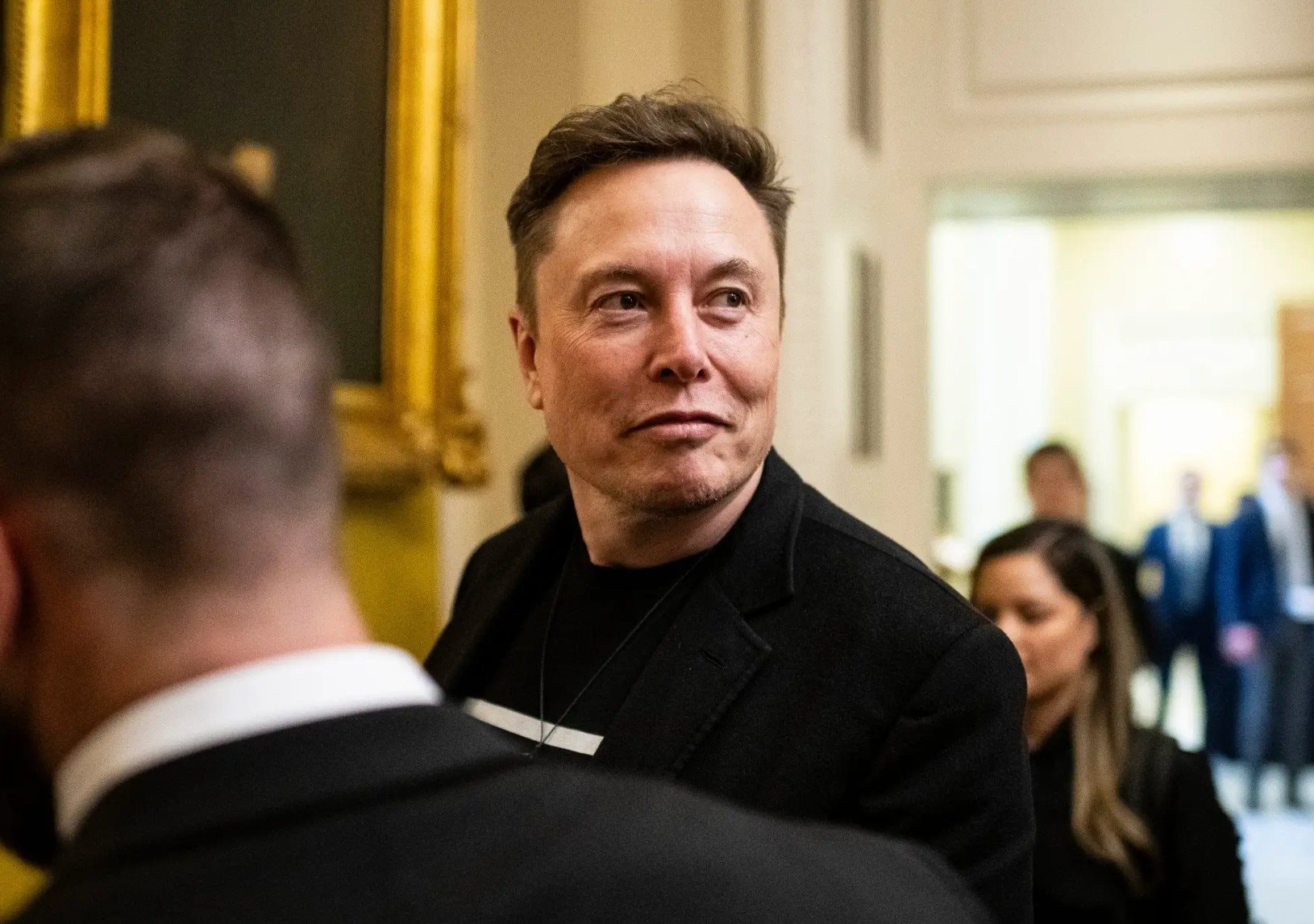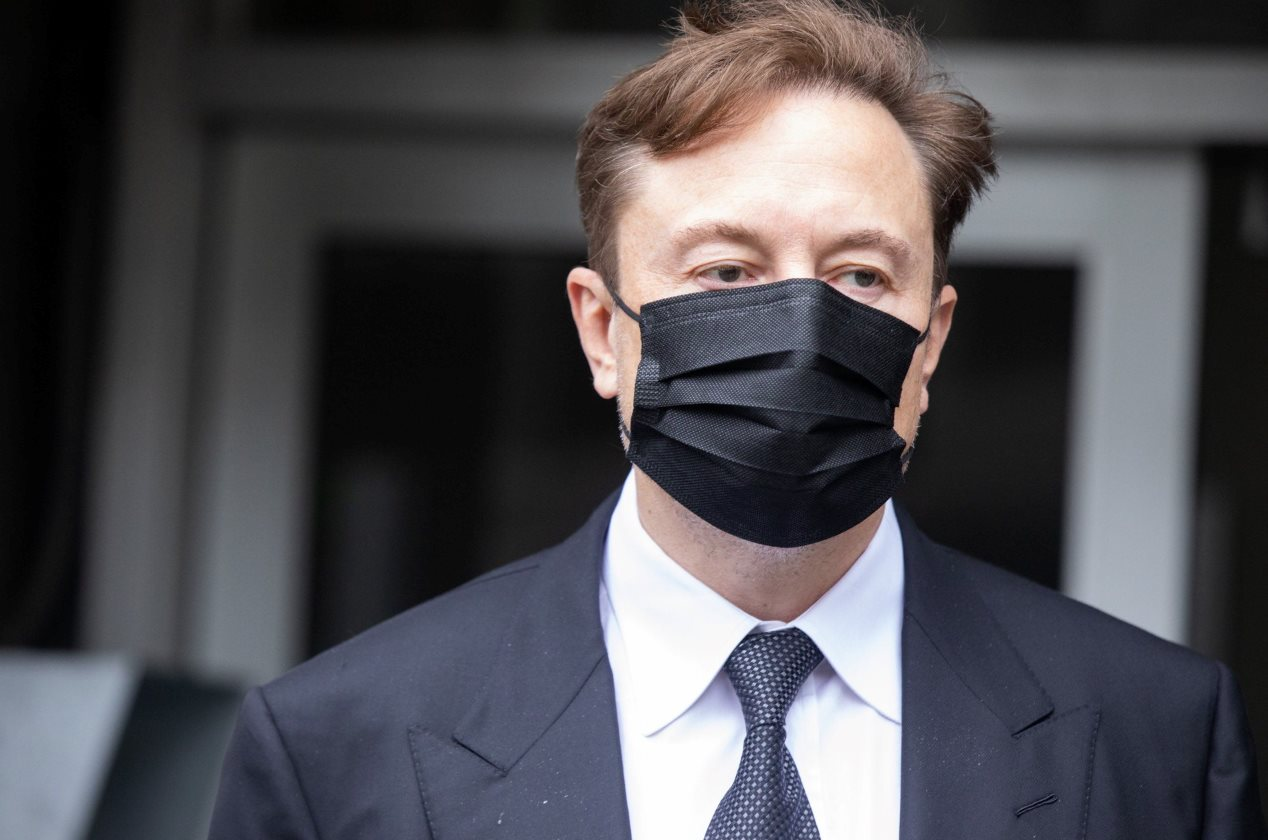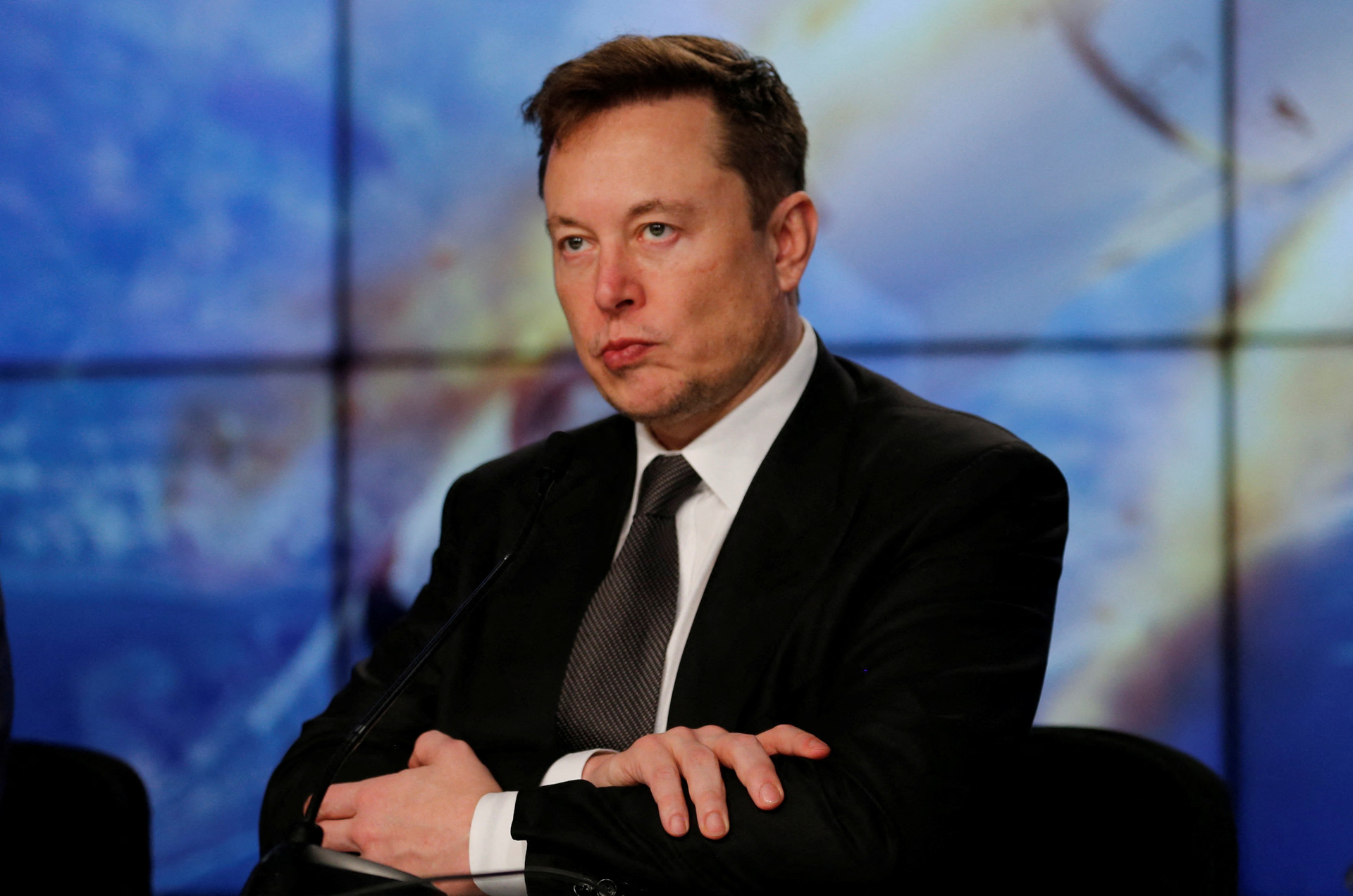
In the past decade, Elon Musk has become synonymous with cutting-edge technology, wealth, and the high-profile acquisition of Twitter, now known as X. However, as his empire grows, so too do the legal troubles surrounding him, leading many to wonder: Is the age of Elon Musk reaching its inevitable end?
Musk has found himself embroiled in multiple lawsuits, legal battles, and political controversies that threaten both his public image and his business empire. Recently, Musk’s actions in Wisconsin—his offer of $1 million to voters—have put him under further scrutiny from the law, while his involvement in a fraud lawsuit from former Twitter shareholders adds to the growing list of legal challenges.
On the weekend before Wisconsin’s crucial state Supreme Court election, Elon Musk announced an unprecedented and controversial act: offering $1 million checks to two voters who cast their ballots. The proposal was posted on his social media platform, X, where Musk stated, “I will also personally hand over two checks for a million dollars each in appreciation for you taking the time to vote.”
The statement quickly garnered attention, not only for its unusual nature but also because it sparked concerns over possible election law violations.
Wisconsin’s Attorney General, Josh Kaul, swiftly responded by seeking an emergency injunction to prevent Musk from proceeding with the event. Kaul’s office emphasized that such actions violated Wisconsin’s election laws, which prohibit the direct payment of voters for participating in elections.

Under both state and federal law, it is illegal to offer financial incentives for voting, as it undermines the integrity of the democratic process. Musk’s intent, as inferred from his announcement, seemed to involve incentivizing votes for a conservative candidate, which only deepened the legal concerns surrounding his actions.
While Musk later deleted the original post, stating that the money would instead go to those who signed his petition targeting “activist” judges, his actions did not go unnoticed. Musk’s political involvement, particularly in Wisconsin’s Supreme Court race, has been openly partisan, with him backing conservative candidate Brad Schimel.
This shift from a tech mogul to a political figure, using his wealth to influence state elections, has raised questions about the ethical boundaries of his power.
Musk’s actions are not entirely out of character for the billionaire, whose history with legal matters has frequently been contentious. From his acquisition of Twitter to his controversial public statements, Musk’s actions often seem to blur the lines between legal, ethical, and corporate governance.
The fact that Musk’s announcement of the $1 million giveaway was made just days before the election is particularly alarming, given that it could be construed as an attempt to sway the results through financial influence.

The Wisconsin Department of Justice’s rapid response reflects the seriousness of these issues. By invoking the state’s election laws, Kaul’s office reinforced the notion that even the wealthiest individuals are not immune to legal scrutiny, particularly when they may be influencing democratic processes for personal or political gain.
The legal precedent set by this case could have far-reaching implications for other high-profile figures attempting to leverage their wealth and influence in similar ways.
For Musk, this legal battle is not a one-off incident. Earlier in the week, his political action committee, Musk’s America PAC, had already been involved in controversy when it donated $1 million to a man from Green Bay, Wisconsin, who was actively campaigning for Schimel.
This act, though legal, raises questions about the increasingly prominent role that Musk and other tech moguls are playing in shaping the political landscape through financial influence.
In addition to his involvement in the Wisconsin election controversy, Musk is also facing a serious lawsuit from former Twitter shareholders who allege that he defrauded them by failing to disclose his stake in the company within the regulatory window required by the U.S. Securities and Exchange Commission (SEC). The lawsuit, led by the Oklahoma Firefighters Pension and Retirement System, claims that Musk intentionally delayed his SEC filing by over a week, saving himself a substantial amount of money in the process—money that came at the expense of other investors.

According to the plaintiffs, Musk’s delay in disclosing his 9.2% stake in Twitter until April 2022 resulted in a decrease in the value of Twitter’s shares. By waiting to file the necessary paperwork until after March 24, 2022—an SEC deadline—Musk allegedly avoided financial repercussions and misled investors about the company’s potential acquisition.
The plaintiffs argue that Musk’s actions caused them to sell their shares at artificially low prices, ultimately leading to significant financial losses.
The case is complicated further by Musk’s social media activity. On multiple occasions, Musk made statements on Twitter that led shareholders to believe he was not interested in purchasing the company.
For instance, in March 2022, Musk tweeted that he was “giving serious thought” to creating a Twitter rival and entertained the idea of changing the company’s iconic bird logo to a Doge symbol. These public statements conflicted with his later actions when he acquired the company for $44 billion in October 2022.
A U.S. District Judge, Andrew Carter, rejected Musk’s attempt to dismiss the case, agreeing that the shareholders had presented a sufficient argument to move forward. While Carter’s ruling does not yet address the merits of the case, it suggests that Musk may face significant legal consequences for his actions, which could further tarnish his reputation and affect his financial standing.

These legal entanglements are just the tip of the iceberg for Musk, whose business and personal decisions often seem to be under constant public scrutiny. From his erratic leadership at Tesla to his controversial handling of Twitter, Musk’s legal and financial battles are mounting, and his political involvement is adding fuel to the fire.
The potential for these legal cases to affect Musk’s empire is significant. In Wisconsin, the state’s legal actions against Musk may have a lasting impact on his ability to influence state politics. On a larger scale, the Twitter lawsuit highlights the financial risks associated with Musk’s business dealings, and it could impact investor confidence in his ability to manage large-scale ventures.
As Musk continues to court conservative politicians and use his wealth for political influence, the question on many observers’ minds is whether his empire will continue to thrive or whether his legal challenges will ultimately bring it down. The coming months will likely reveal whether Musk’s fortunes can survive these mounting challenges, or if the long-anticipated fall of his empire is finally at hand.
Elon Musk’s recent actions, both in Wisconsin and in his dealings with Twitter shareholders, have cast a long shadow over his future as a tech titan and business magnate. Legal experts and political analysts are watching closely to see how Musk’s empire will navigate these troubled waters.
With multiple lawsuits pending and his political influence being questioned, Musk’s hold on his vast fortune and reputation may soon be tested in ways that could determine the fate of his business ventures and his place in history.
As of now, the question remains: Will the age of Elon Musk come to an end amid these mounting legal troubles, or will he once again manage to weather the storm and emerge victorious? Only time will tell.


